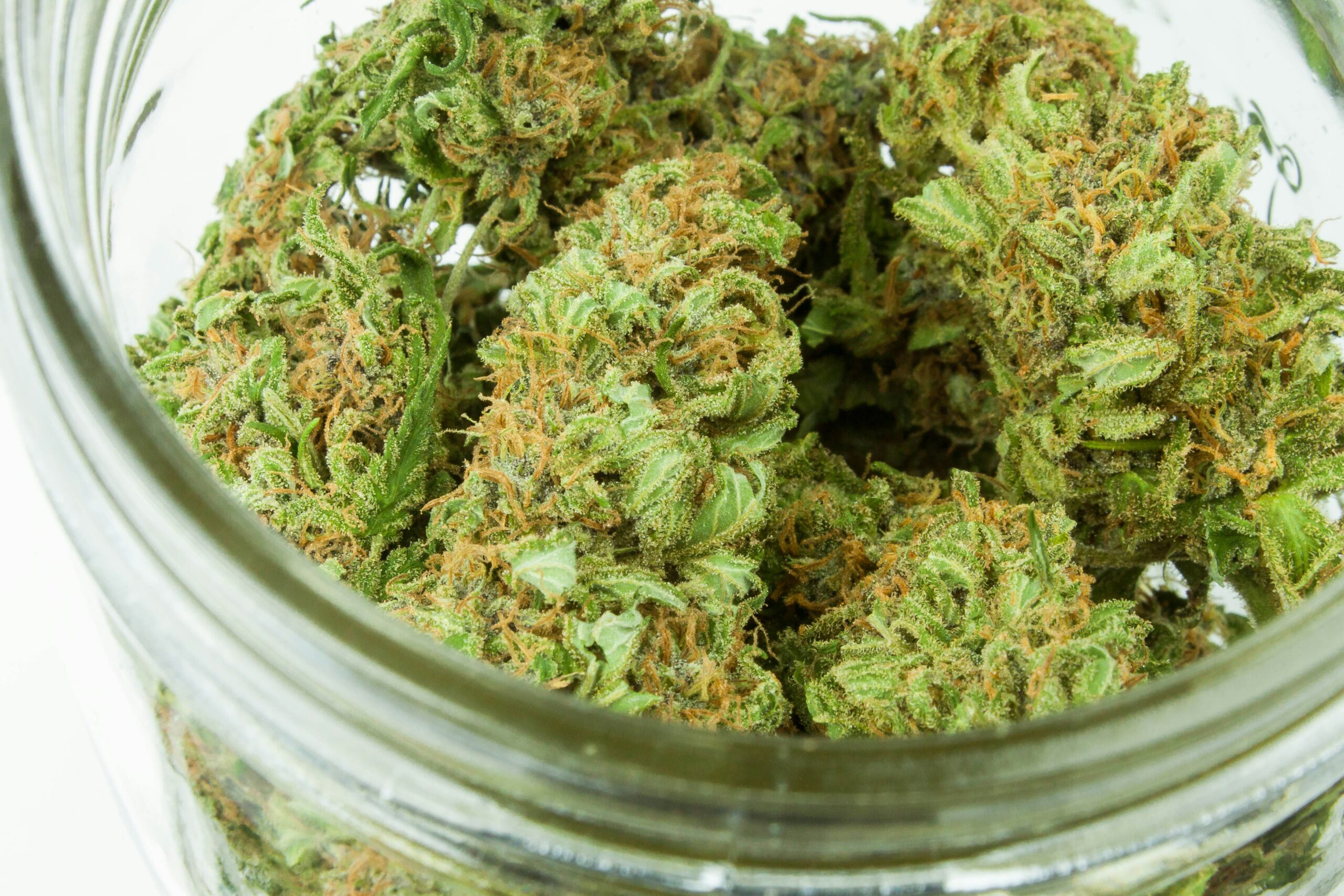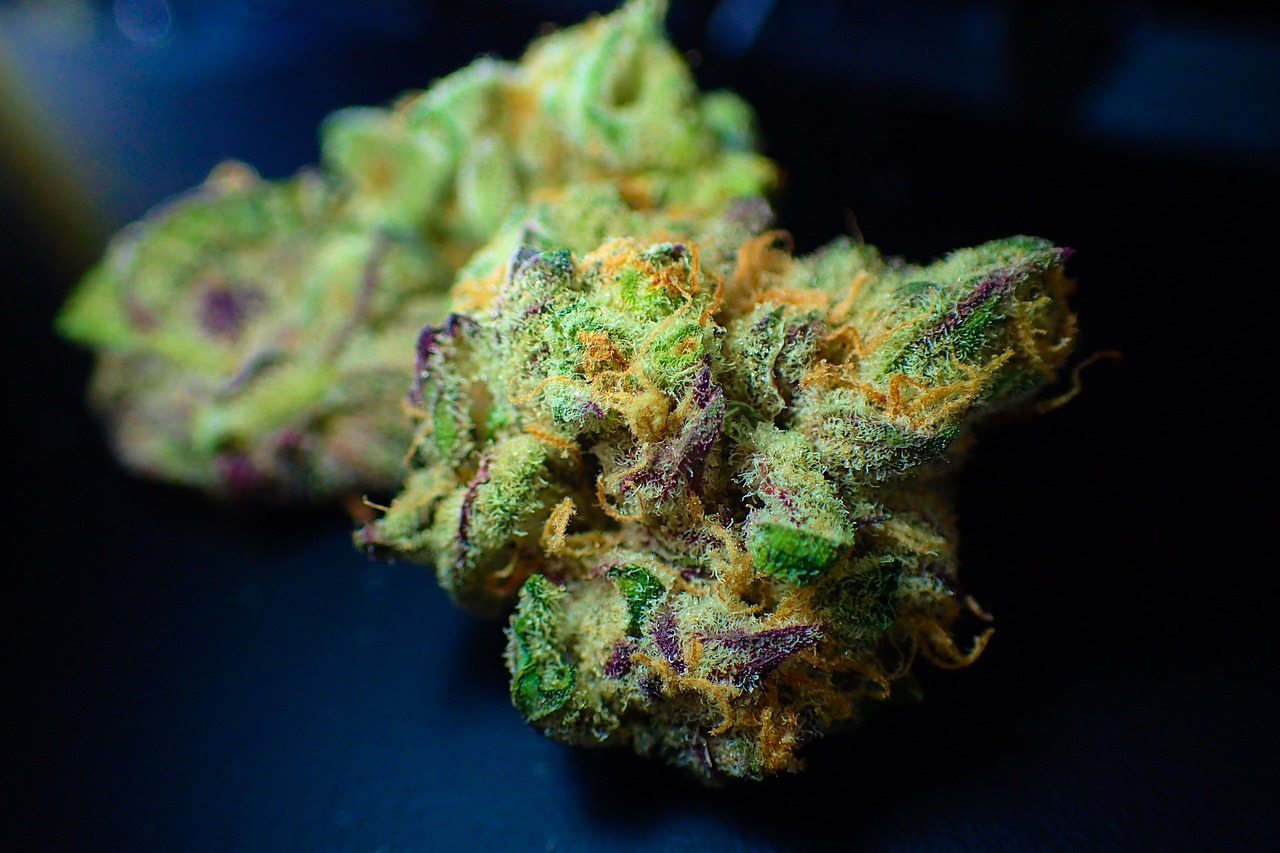Recognizing THCA
THCA is a non-psychoactive leader to THC (tetrahydrocannabinol), the compound in charge of the euphoric results typically connected to cannabis. Unlike THC, THCA does not create drunkenness when consumed in its raw form. Rather, it provides feasible healing benefits, including anti-inflammatory, neuroprotective, and anti-emetic homes.
The Increase of THCA Flowers
Commonly, cannabis intake has focused on THC-rich pressures for leisure and medicinal features. Nonetheless, the existing studies right into the healing opportunity of thca flowers have stimulated a passion for growing marijuana ranges, particularly recreated, to make the best use of THCA material. These stress, usually referred to as THCA flowers, are meticulously cultivated to preserve the stability of the THCA fragment with specialized growing techniques.
Genes
The foundation of growing high-grade THCA blossoms relies on picking the best genetics. Different marijuana strains show varying levels of THCA manufacturing, with some being genetically inclined to generate greater concentrations of this cannabinoid. Farmers regularly select pressures recognized for their high THCA material, such as Wedding Event Occasion Cake, Mimosa, or Purple Punch. Furthermore, choosing consistent genetics with preferable qualities such as illness resistance, arduous development, and optimal growing times can contribute to reliable growing.
Ecological Problems
Establishing an excellent expanding setting is vital for maximizing THCA production. Marijuana plants succeed in careful conditions, including temperature, moisture, light, and air movement. Interior farming allows cultivators to have specific control over these eco-friendly elements, making certain consistent and state-of-the-art flower manufacturing. Maintaining temperatures between 70-85 ° F( 21-29 ° C) throughout the day and a little lower during the night, together with family member dampness degrees of 40-60%, fosters healthy and balanced and balanced plant growth and THCA advancement.
The Endocannabinoid System
To comprehend the role of THCA blossoms in integrative treatment, it’s vital to understand the endocannabinoid system (ECS). The ECS is a challenging network of receptors, enzymes, and endocannabinoids found throughout the body, managing numerous physical processes, such as discomfort experience, state of mind, hunger, and immune attributes. Both THC and THCA communicate with the ECS, albeit with various systems, affecting its job and possibly contributing to recovery results.
Potential Advantages of THCA Flowers
The research study recommends that THCA may provide countless health advantages, making it an encouraging candidate for integrative medical care methods. Some possible advantages of THCA blooms include:
Anti-Inflammatory Characteristics: THCA displays powerful anti-inflammatory properties, which could be beneficial in managing problems identified by swelling, such as joint inflammation and inflammatory bowel conditions.
Neuroprotective Effects: THCA is effective in protecting neurons from damage, possibly offering corrective advantages in neurodegenerative ailments like Alzheimer’s and Parkinson’s.
Anti-Nausea and Cravings Enjoyment: THCA aids in easing nausea or throwing up and promoting hunger, making it helpful for individuals undergoing radiation therapy or handling yearning loss due to various other clinical conditions.
Discomfort Tracking: First research recommends that THCA might have analgesic properties, giving relief from discomfort associated with various troubles, including neuropathy and chronic discomfort disorders.
Applications in Integrative Healthcare Practices
Integrative healthcare specialists are integrating THCA blossoms into their treatment treatments, recognizing their perspective to enhance traditional therapies and advertise holistic health. Some methods that THCA Flowers is making use of in integrative healthcare include:
Discomfort Management: THCA blooms may be used as part of a detailed discomfort monitoring plan, either alone or with various other therapies, to aid in decreasing pain and boosting the quality of life for clients with persistent pain problems.
Anti-Inflammatory Treatment: An integrative medical professional might recommend THCA flowers as an all-natural anti-inflammatory remedy for issues such as joint inflammation, fibromyalgia, and autoimmune disorders. They aid in reducing swelling and associated signs and symptoms.
Supportive Care in Cancer Cells Treatment: THCA flowers might motivate cancer cell treatment by easing chemotherapy-induced nausea and promoting hunger, therefore boosting clients’ general convenience and nutritional consumption during therapy.
State of mind Regulation: Some people might gain from the mood-regulating results of THCA, particularly those battling with nervousness, clinical depression, or state-of-mind problems. Integrative approaches that include THCA blooms, therapy, and numerous other treatments might offer extensive help for mental well-being.
Considerations and Preventative Measures
While THCA flowers hold assurance as a therapeutic agent in integrative medical care methods, they must be used with treatment and awareness. Below are some factors to consider and safety measures to bear in mind:
Legal and Governing Variables To Think about: The lawful standing of marijuana and cannabis-derived items, including THCA blooms, varies by region. People and doctors must familiarize themselves with pertinent guidelines and plans regulating their usage.
Quality and Pureness: Guaranteeing the top quality and purity of THCA blooms is crucial. Individuals must seek products from reputable sources that abide by rigorous quality control requirements and undergo third-party testing for strength and contamination.
Dosage and Management: Finding the perfect dose and administration technique for THCA blooms requires consideration of private elements such as age, weight, case history, and sensitivity to cannabinoids. Consulting with an informed doctor is advisable to develop a customized treatment strategy.
Potential Medication Interactions: THCA might connect with certain medications, especially those metabolized by the liver enzymes CYP2C9 and CYP3A4. Individuals need to divulge their marijuana use to doctors to reduce the danger of negative interactions.
Verdict
THCA blossoms are an exceptional approach for an expedition in integrative health care techniques. With their prospective anti-inflammatory, neuroprotective, and symptom-relieving homes, THCA blooms provide an all-natural strategy for health that aligns with the concepts of integrative medication. Nonetheless, further research is required to completely comprehend their task tools, ideal dosing techniques, and long-term security account. By accepting evidence-based integrative methods incorporating THCA blossoms alongside conventional therapies, medical professionals can urge people to attain optimal health, health, and health, taking care of the challenging interaction of physical, psychological, and spiritual healing elements.



